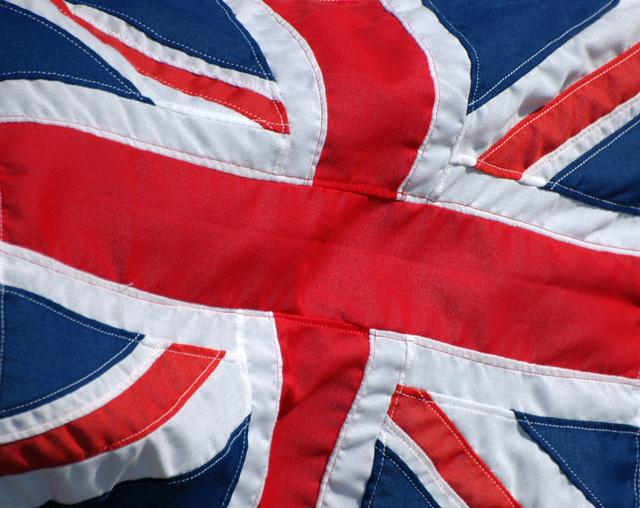India’s Top Inland Container Depots(ICDs) & Route Hacks to Save Time and Cost
Discover how India’s top Inland Container Depots (ICDs) can help exporters avoid port congestion and reduce haulage costs. Learn smart routi...
Read more on how the Brexit effects and how it will affect the shipping industry, post the decision in the near future.

Speculation over the Brexit effects grows as the saga is nowhere near finding a conclusion. People all across the globe anxiously wait for the terms of separation of the United Kingdom from the European Union to see how it affects their businesses.
In 2016, the people of the UK voted to leave the EU in a move to set their own trading rules and control a range of issues such as the movement of labour, agricultural policy and tariffs. Three years on the terms of the divorce are still being debated and the implications for the shipping industry remain unclear.
We’ll try to help by summarising a few possibilities - but don’t blame us if we get it wrong as things seem to change daily!
Crucially the separation process was intended to have two parts. The initial exit - or Brexit - was the stage when formally the UK left the EU. Subsequently, the EU and the UK need to agree to the terms of their future relationship.
However, agreeing terms of the exit still hasn't happened and it looks as if the UK is heading towards a ‘hard Brexit’ on 31 October with a mass of uncertainty and disruption.
WTO tariff rules apply to trade between the UK and EU.
Before the split, as part of the same customs union, no tariffs were applied to intra EU trade. However, the divorce can lead to both European Union countries and the UK trading under WTO rules which come with tariffs and regulations. If no alternative to applying WTO trade rules is found, businesses and consumers in the UK will likely face price increases and find exports to the rest of Europe become unattractive.
New border, new rules
The situation of the customs regulations after the split is still uncertain. Before, custom checks only applied on goods entering the EU; once inside, they crossed borders mostly without additional checks or paperwork. However, clarity has yet to be provided about the procedures for goods moving in and out of the UK.
Doubts have also risen on whether trucks from the UK will continue to move freely in Europe or would they require fresh permits. More importantly, there is also no clarity as to whether the UK will still apply EU standards and regulations covering goods or would the newly separated country develop its own. The impact of UK-only rules would mean that goods produced for that market might be barred from sale in the EU.
Another place where a problem of customs checks could be encountered is the border between Northern Ireland and the Republic of Ireland. Currently, goods move freely within the island of Ireland but Brexit could mean the return of a border with customs checks between the Republic and Northern Ireland which is part of Great Britain.
There are significant political and historical implications to the reimposition of a hard land border and this has proved to be one of the biggest sticking points in the negotiations between the UK and the EU.
Whatever the outcome in Ireland, border checks elsewhere between the UK and the rest of the EU may result in considerable delays. Presently, according to to the London School of Economics, it takes roughly two minutes for EU countries to clear their goods at the port of the UK. Fuller checks post-Brexit effects could take much longer and the main ports lack the infrastructure to cope with large backlogs of goods awaiting clearance. Significant delays are possible.
Increased transportation and labour costs
Shipping charges from the UK and EU countries can increase. And so can the costs for the trucking services. Britain may face a shortage of drivers as 10% of their commercial drivers are migrants from the union countries. If a substantial proportion of the labour force is lost there will implications for the cost and availability of freight services.
Additionally, UK companies had the luxury of EU maritime cabotage rights while they were a part of the union. This meant that they had the rights for water-based transportation within a territory. The separation can also see these rights been revoked.
It is still uncertain whether the UK will separate from the European Union with a deal or without it. Hopes that the separation could be achieved with some agreement over the terms governing customs and regulations (the so-called ‘Soft Brexit)’ are fading fast. A no-deal Brexit where the UK overnight becomes a stand-alone country without an understanding about its relationship with the largest trading bloc on Earth is likely to be chaotic.
Check out Cogoport’s blog to get more on the latest update of Brexit now!
* The information contained in this article is for general information purposes only. While we endeavour to keep the information up to date and correct, we make no representations or warranties of any kind, express or implied, about the completeness, accuracy, reliability, suitability or availability for any purpose. Any reliance you place on such information is therefore strictly at your own risk.